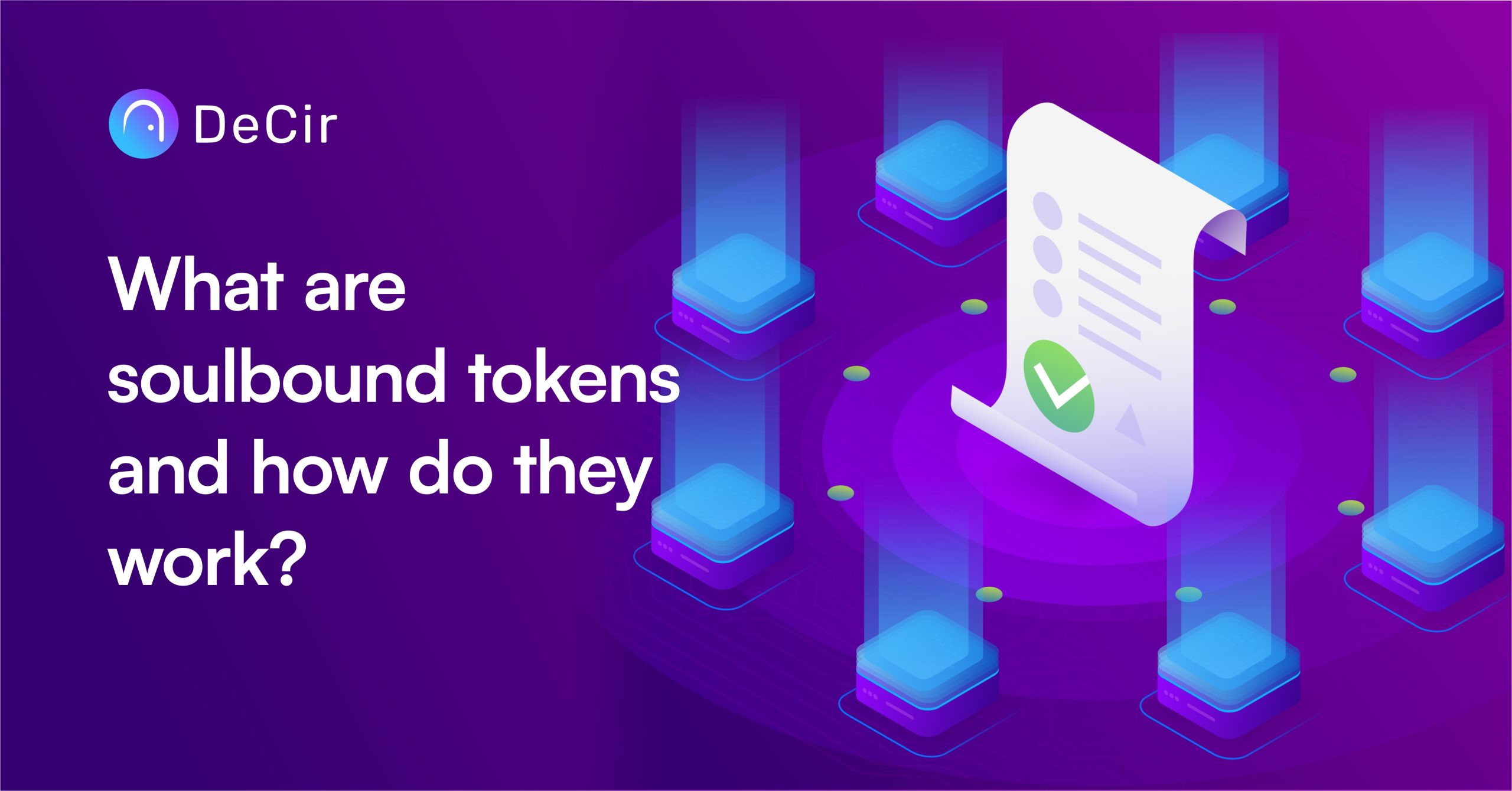Soulbound tokens (SBT) are a class of non-fungible tokens that cannot be transferred. Soulbound NFTs offer added value to NFT utilities. They also help create verifiable ownership and authenticity for digital tokens.
TL;DR
- NFTs are known to be transferable digital tokens that can sometimes represent value
- Soulbound tokens are non-transferable. They are bound to a particular owner and can be verified on the blockchain
- SBT provides valuable use cases in the academic and professional fields. They can be used to combat frauds and forgeries.
The Weakness of NFTs
NFTs have grown in utility in recent times. There has been increased adoption in arts, real estate, and gaming. There is no disputing the importance of these adoptions, nonetheless, the fundamental issues around NFTs still persist.
NFTs are transferable tokens. Though they differ from regular crypto tokens
(which can be exchanged or swapped without losing their value), NFTs can still be transferred from one user to another. The main issue with this is that authenticity becomes hard to verify.
For example, if a company issues NFT as proof-of-attendance, such NFT can be sold by the owner to a new owner. The transfer of ownership is certain, but it becomes hard to verify if the new owner truly attended the event at which they held the POAP.
The role of Soulbound NFT
Soulbound tokens are non-transferable NFTs. It cannot be sold by the person to whom it is issued. When an issuer issues an SBT, it is usually designated to a particular wallet (which is the soul). The issued NFT then becomes unsellable and totally bound to the crypto wallet where it was sent.
This attribute makes it possible for SBT to be used across new sectors. SBT can be used in sectors where certificates of proof are issued. They can be used to verify the authenticity of claims that a particular individual truly earned and owned a badge.
Also read: What are Dynamic NFTs?
Use cases of Soulbound tokens
Soulbound tokens can be used across several sectors. They can be used in academics, in professional fields, and as verifiable proof of attendance.
In academics, soulbound tokens can be issued as digital versions of certificates to students. Each SBT is sent to a student’s wallet, where it can be verified when necessary. SBT can be used to combat academic fraud and certificate forgeries.
In professional fields, SBTs can represent professional certifications and merit badges. Institutions and learning centers can issue SBTs to course participants to indicate that they have truly earned the certificates on their resumes.
Employers can also issue SBTs. Employers can use them to indicate the capacity in which an employee has worked with them. In this case, the SBT represents the work history of a particular employee.
Lastly, organizations can issue SBTs as proof of attendance. They can issue SBT to participants who took part in their workshops or seminars. These digital badges will serve as proof of attendance, which can be verified on the blockchain.
Interesting piece: How to build a community that stays loyal
Conclusion
Soulbound tokens are creating new utilities for NFTs. They help create verifiable proof of authenticity across new sectors where fraud and forgeries have been hard to detect.


